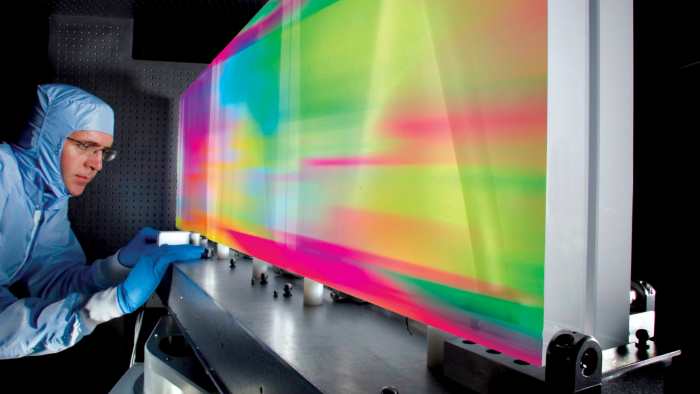
Understanding how to foster an innovative and creative culture is a challenge for all organisations, but a new study by UCL School of Management’s Bilal Gokpinar suggests the key to success is through front-line worker mobility. Bilal Gokpinar spoke to Forbes to discuss the benefits of moving employees around the business for short periods to give them the freedom to exchange ideas and knowledge.
His recent research paper with co-authors Phillip Cornelius and Fabian Sting from Rotterdam School of Management and the University of Cologne, ‘Sparking Manufacturing Innovation: How Temporary Interplant Assignments Increase Employee Idea Values,’ shows for the first time how strategic front-line mobility — the short, focused and purposeful exchange of staff members between different company sites — can substantially boost employees’ contributions to innovation and organisational learning in manufacturing companies.
The study indicates that when employees are strategically deployed to different sites for short periods, they develop skills and knowledge which they take back to their own teams and help circulate it within the company to drive innovation.
The effect of the pandemic on worker mobility has reduced employees ability to exchange ideas through in-person serendipitous interactions, which could hinder this front-line innovation. Bilal believes in order for companies to remain competitive while working online, they will have to unlock new ways to inspire ideas that would come from casual interactions or as a result of front-line employees moving between locations to contribute valuable ideas.